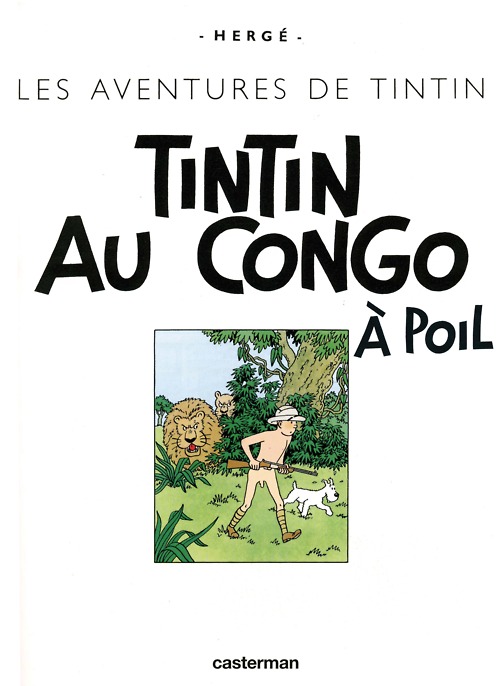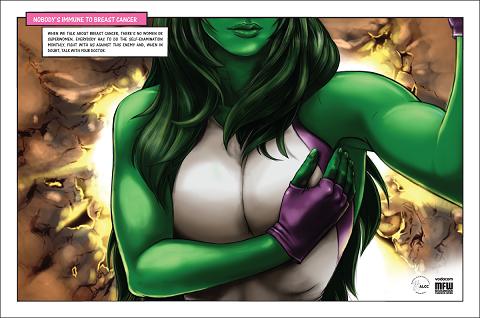Tom Spurgeon interviews Tucker Stone:
It is a bit harder to read as many of them now than when I started. I find myself less enthusiastic about new material as time has gone on, and while that makes the high points that much better, there’s a wide expanse of tiresome comics that has to be plowed to get to the good stuff. I know I would not have inhaled a lot of the crap that I have over the last year if it wasn’t for the store and the relationships that have sprung up out of that.
[…]
So much of comics — and I’m thinking the whole industry, not just Marvel/DC — is dedicated to hyper-consumers, you know? It’s all about buying this stuff immediately upon release, amassing these tomes and libraries and archives alongside the weekly installments of whatever genre stuff there is. Nobody can keep anything in print, there’s so few people qualified to cleave the wheat from the chaff. It’s just buy-buy-buy, X-9 hardcovers and 26 volumes of Peanuts and another re-release of Prince Valiant and 16 newly-translated softcovers from wherever [D+Q Publisher Chris] Oliveros went on vacation. I get sick of trying to play the democratic catch-all who gives everything a chance, sick of that feeling where I’m constantly staring off into the next few months, waiting to see what comes next. And it doesn’t do service to the work, either. It just becomes an ingestion process, this thing where you’re constantly shoveling comics into your head like an old school meat grinder. Reading years of work in days, binging on the stuff, and just checking it off and moving onto the next thing… it’s gross.
I’ve been there. When I was in my twenties and got my first fulltime, proper job and “earned” a huge salary while still living in a student flat with almost no bills to pay; gas, water and electricity being included in the not very onerous rent. It left me with a lot of disposable income which meant that I could buy a lot of comics and months in which I dropped over a thousand guilders on in retrospect often not very good comics. At the same time I had discovered comics fandom online, both in the rec.arts.comics.* Usenet groups as with mailing lists like the late, lamented @Comix run by iirc Charles Hatfield. This was long before blogs, but the effect was the same: you had a community of likeminded, dedicated comics readers, all of whom were very heavy consumers/readers of comics, always looking for the next big thing. This was both a good thing, as there were finally knowledgable people I could jaw about my hobby with, but it also meant that I was constantly pressured to buy more and more comics, if only to “keep up” with the ongoing discussions. Living in the Netherlands already put me at a disadvantage as most US comics only were available at least a week later than in America, so I had to buy the comics as soon as they appeared.
For years I was more than happy with it, but one Sunny day at the Haarlem stripfestival in 2000 I was just fed up. I went home early, didn’t come back the next day and didn’t stop at my local comic shop that week. Or the next. Or the week after. Or ever. I had gorged myself on comics until I was thoroughly fed up by them, stopped cold turkey and didn’t buy any for years, even going so far as dropping most of them off at my parents. (A few months later I met and fell in love with Sandra, but that’s another story.)
Since then I’ve gone back to comics, but I learned to be wary of going back into Club Comics, of making them my entire waking life, of thinking of them as a cause rather than a form of entertainment or an artform. The dirty little not so secret of American comics is that it thrives on persuading a relatively small group of readers to be hyperconsumers, going on weekly pilgrimages to the comic shop and making this into something like a duty rather than a commercial transaction — viz all those people who keep buying the same old shitty Superman comics they always did even though they don’t enjoy them. This is not something you see in many other entertainment fields… It’s not a healthy relationship and the best thing I ever did was to get out of that, to stop obsessing about comics and learn to enjoy them again.

